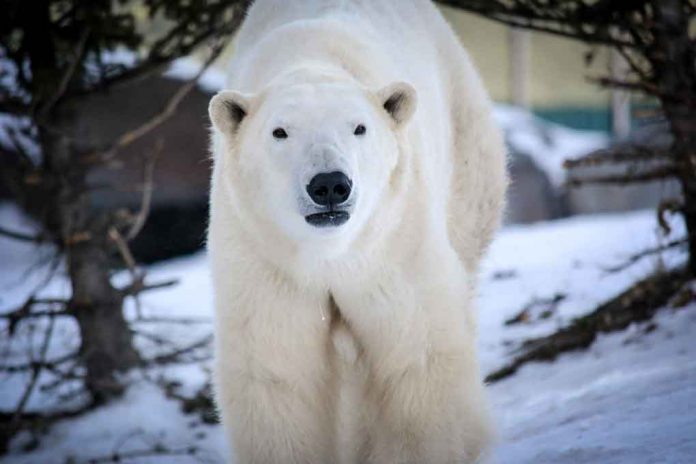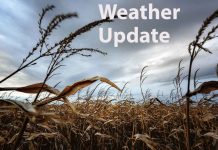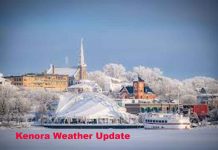Thunder Bay – WEATHER – The unusual January continues. The cold spot in Ontario this morning is Sandy Lake in Northern Ontario at -12.4 °C or 9.7 °F. With a forecast high today of -4°C Sandy Lake will likely set a new record high for this day. The old record was -8.3°C.
Thunder Bay Weather Outlook
It is -2°C at 06:00 am EST in Thunder Bay under cloudy skies. There is a 30 percent chance of flurries early this morning. Winds becoming west 20 km/h near noon. Today’s high will be near zero. The wind chill -9°C this morning.
Tonight, partly cloudy skies will continue. Fog patches are forecast to begin developing overnight. Winds up to 15 km/h. Low =11°C with the wind chill -7°C this evening and -16°C overnight.
There is no danger of any temperature records falling in Thunder Bay today. The record high was 6.6°C in 1986, while the record low recorded was -36.5°C in 1989,
Sandy Lake Weather
It is -12°C in Sandy Lake this morning on the way to a new record high for this day of -4°C. The weather service is calling for a mix of sun and cloud. There is a 30 percent chance of flurries this morning. Winds becoming west 20 km/h near noon. The wind chill -16°C this morning and -10°C this afternoon.
Tonight, expect partly cloudy skies. Winds will be west 20 km/h becoming light this evening. Low -7°C. Wind chill near -12°C.
Dryden / Vermilion Bay Weather
It is -5°C in Dryden this morning under cloudy skies. Skies are forecast to start clearing this morning. Area fog patches will be clearing this morning as well. Winds will be up to 15 km/h. The high -3°C. The wind chill near -8°C.
Tonight will see partly cloudy skies. It will become cloudy this evening, with winds of up to 15 km/h. The temperature will remain steady near -6°C. Wind chill near -10°C.
Long Term Forecast
It appears, at least if Environment Canada’s senior climatologist David Philips is right, that colder temperatures are coming.
The weather term “Polar Vortex” is going to become the weather norm by the end of January.
While the coldest temperatures of the winter are often in January and February, Phillips is predicting a shift in the jet stream. which has been allowing warmer Pacific air in recent weeks to block the colder Arctic air mass from moving south.
Phillips reports, “One of the indicators is the jet stream – a river of air that blows from west to east – that has been flooding Canada with a lot of Pacific air and southerly air. It acts as a fence to the vortex, keeping it in the north,”
“It’s not a sure thing that it’s going to happen. I’ve looked at our models and it looks like in the fourth week of January we will begin to see cold air plunging down from Manitoba to Quebec and into the Maritimes. In the Prairies it will be generally normal,” says Philips. “There’s nothing guaranteed with weather and it’s not often well understood to give us a precise forecast.”
The message is, lets enjoy the more seasonable weather while we can.







